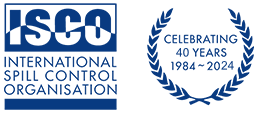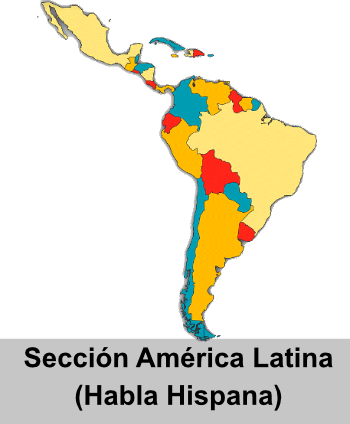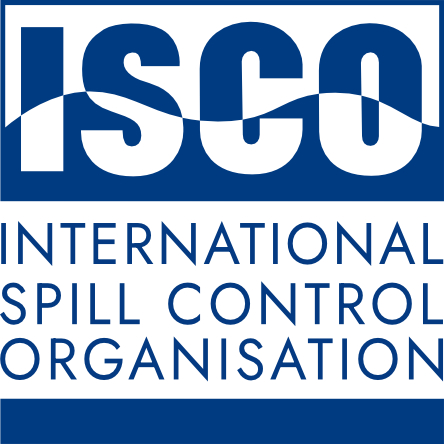Elumalai P., Parthipan P., Gao X., Cui J., Kumar A.S., Dhandapani P., Rajasekar A., Sarma H., Ganapathy N.R.V., Theerthagiri J., Min A., Choi M.Y.(2024) Environmental Chemistry Letters, DOI: 10.1007/s10311-024-01728-0
ABSTRACT: Pollution by polycyclic aromatic hydrocarbons, lead, mercury, arsenic, cadmium, and chromium is impairing marine ecosystems. Here, we review the effect of these contaminants on coral reefs and mangrove ecosystems, with focus on reef fishes, algae, corals, and oil spills. We also discuss the effects of natural hydrocarbons. Some polycyclic aromatic hydrocarbons display carcinogenic and mutagenic properties. Heavy metals are highly toxic to most marine living organisms, causing reproductive failure, deoxyribonucleic acid damage, and neurological problems. Heavy metals accumulate through the food chain, ending up in humans who eat seafood. Mangroves and coral reefs can be severely impacted with diminished water quality, reduced biodiversity, compromised fish habitats, decreased fish catches, and damaged seagrass beds, ultimately affecting other coastal habitats.





